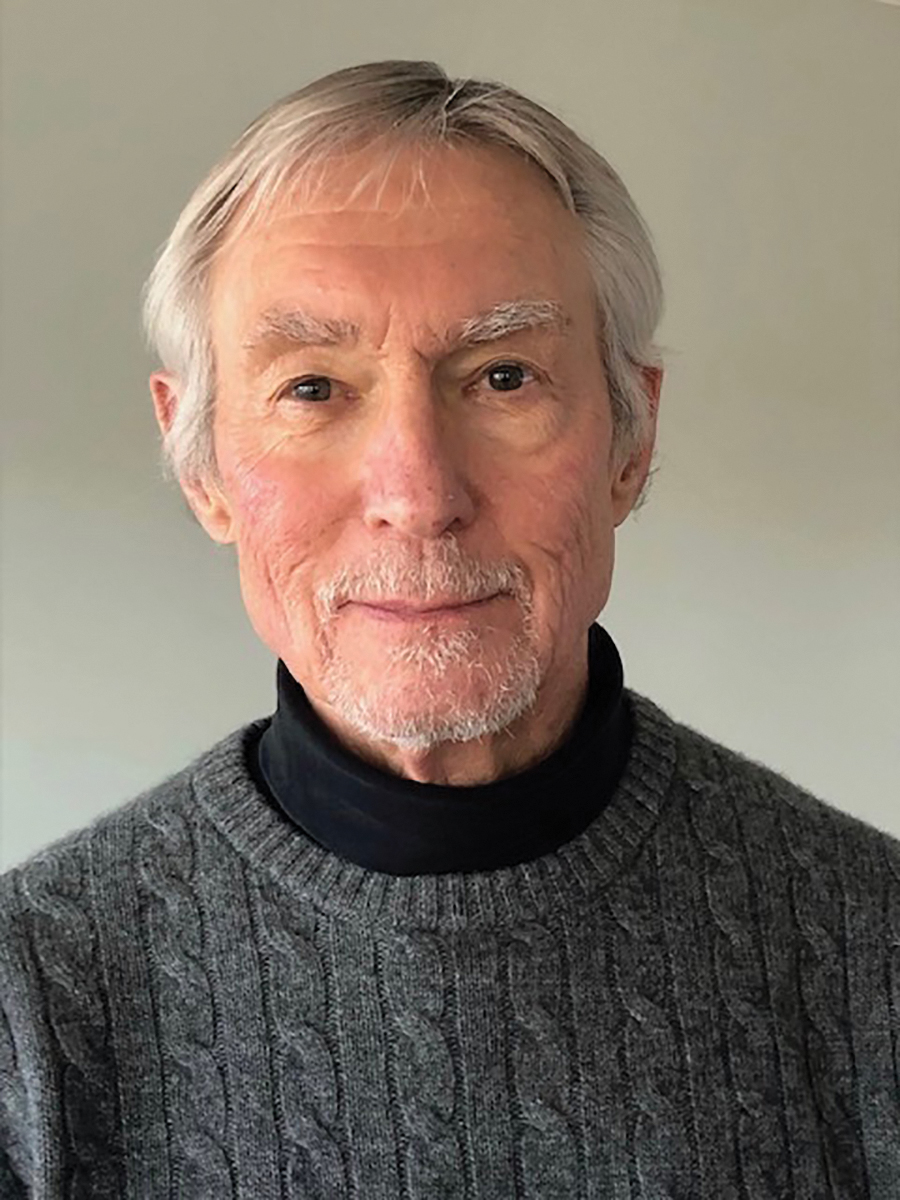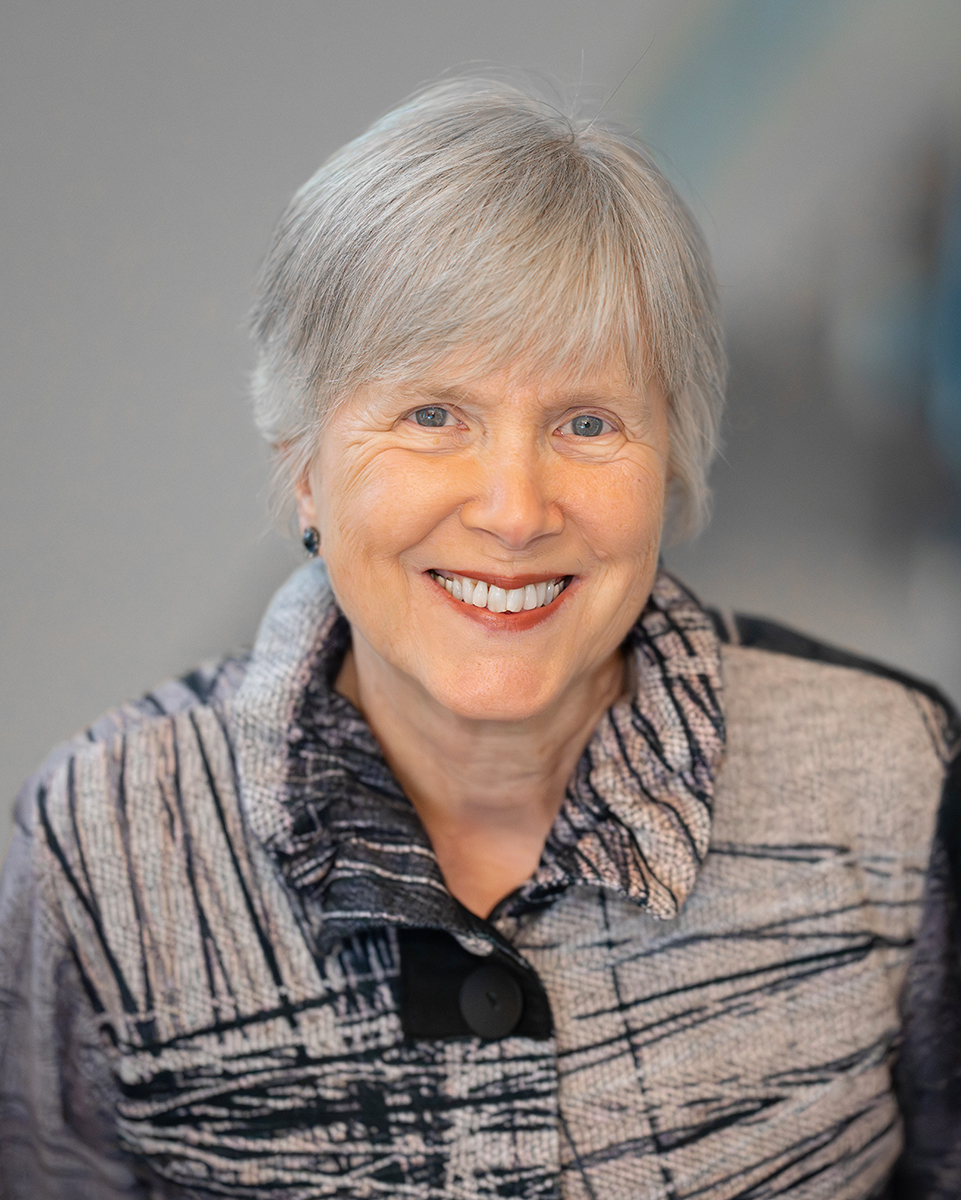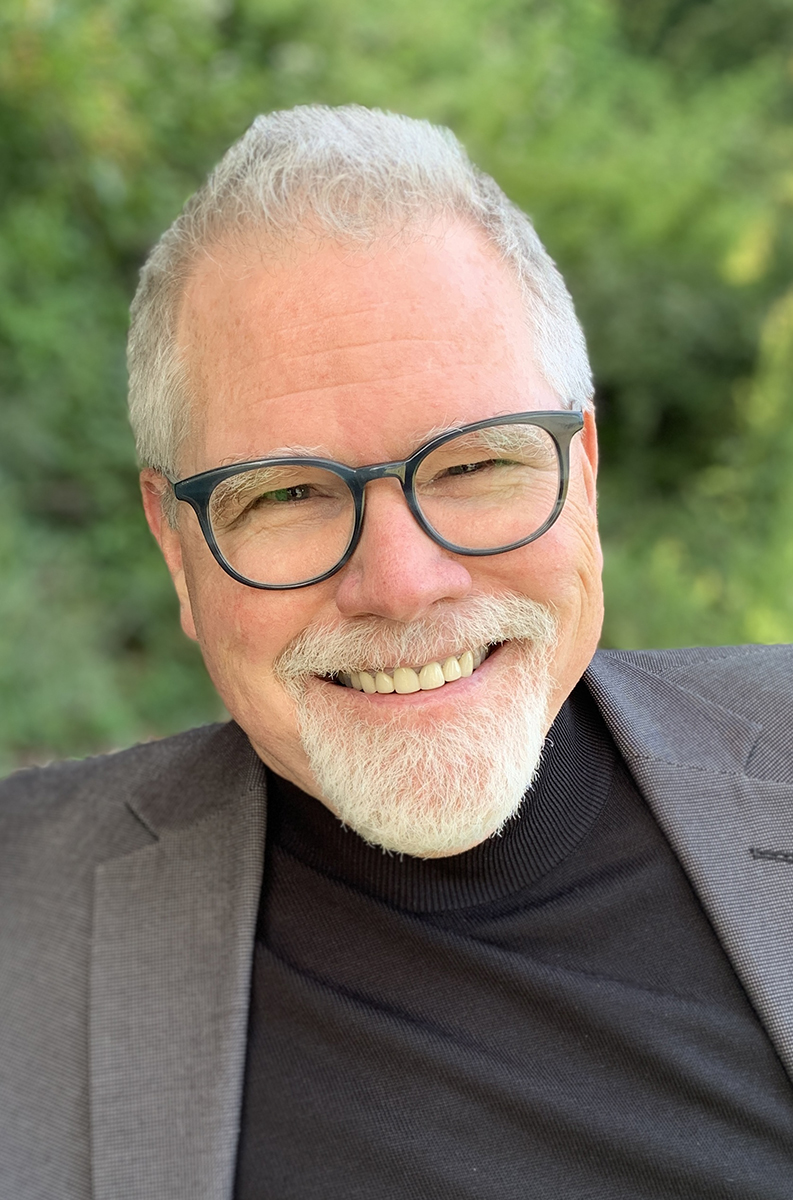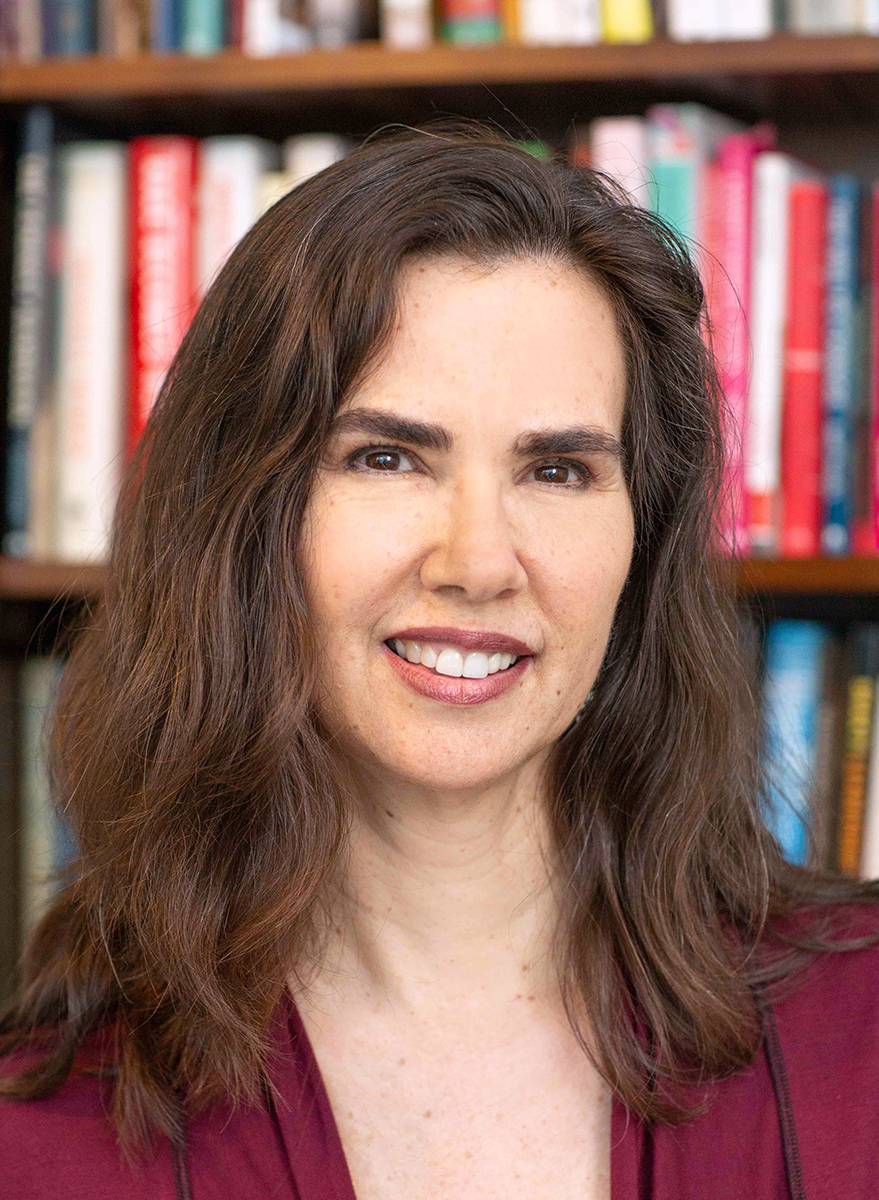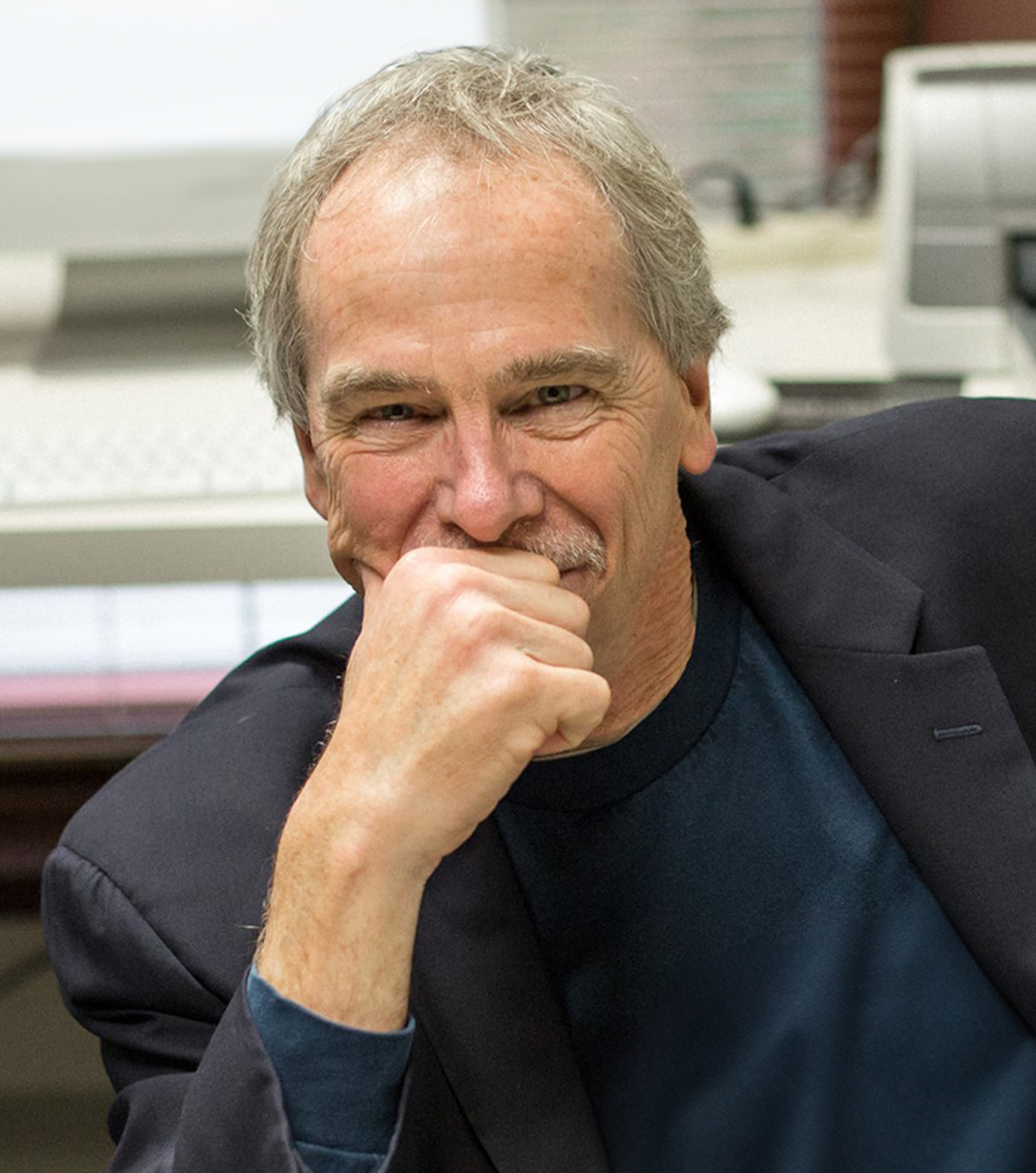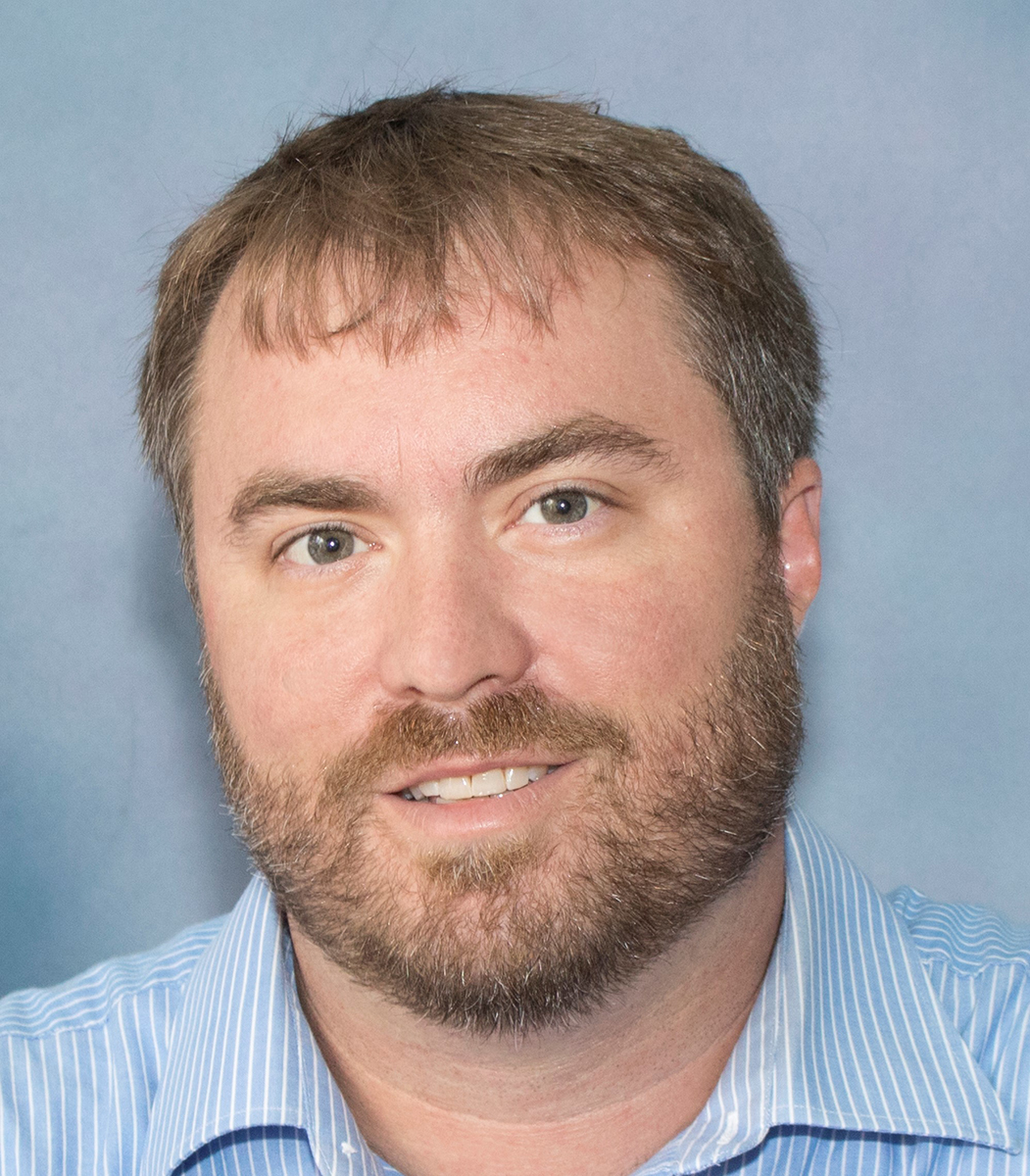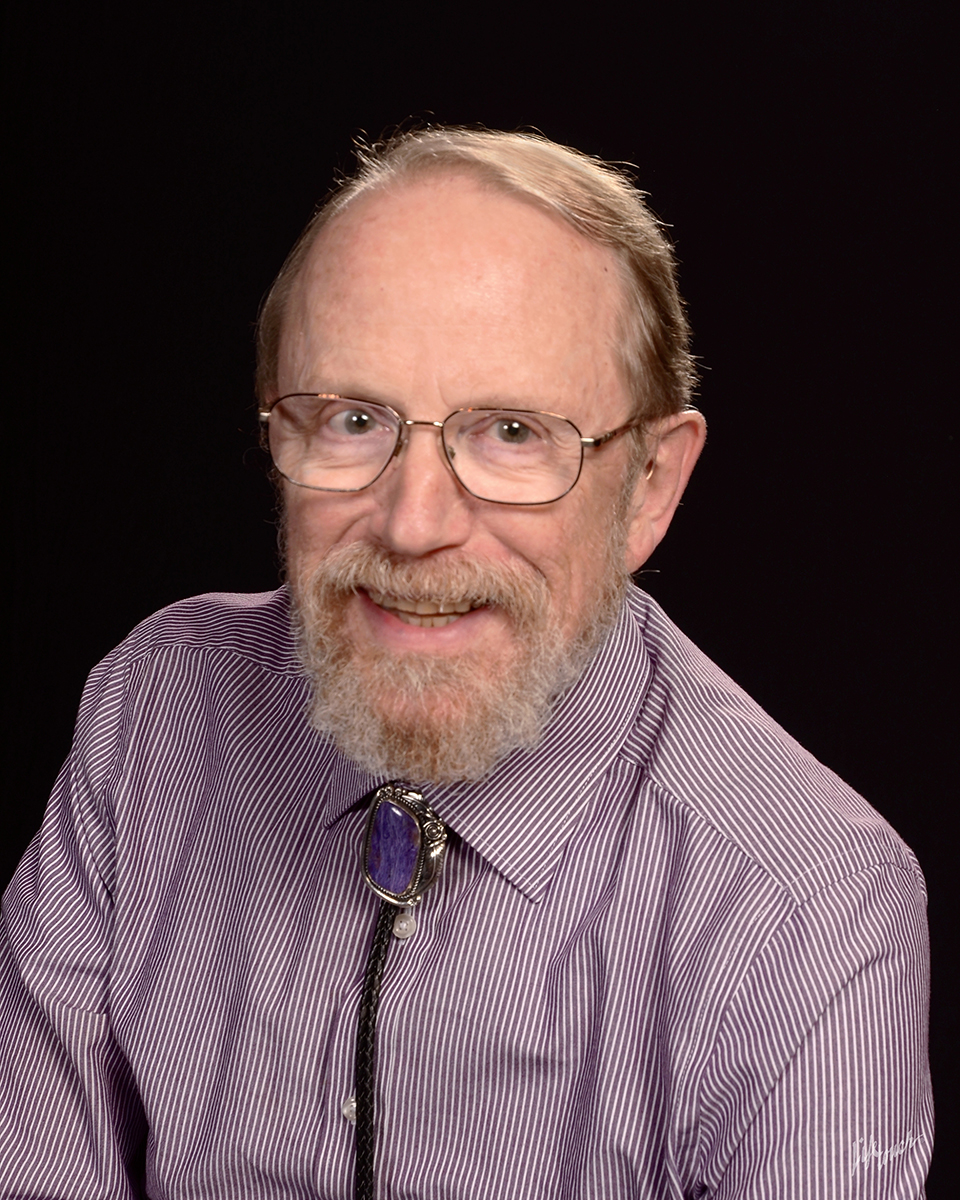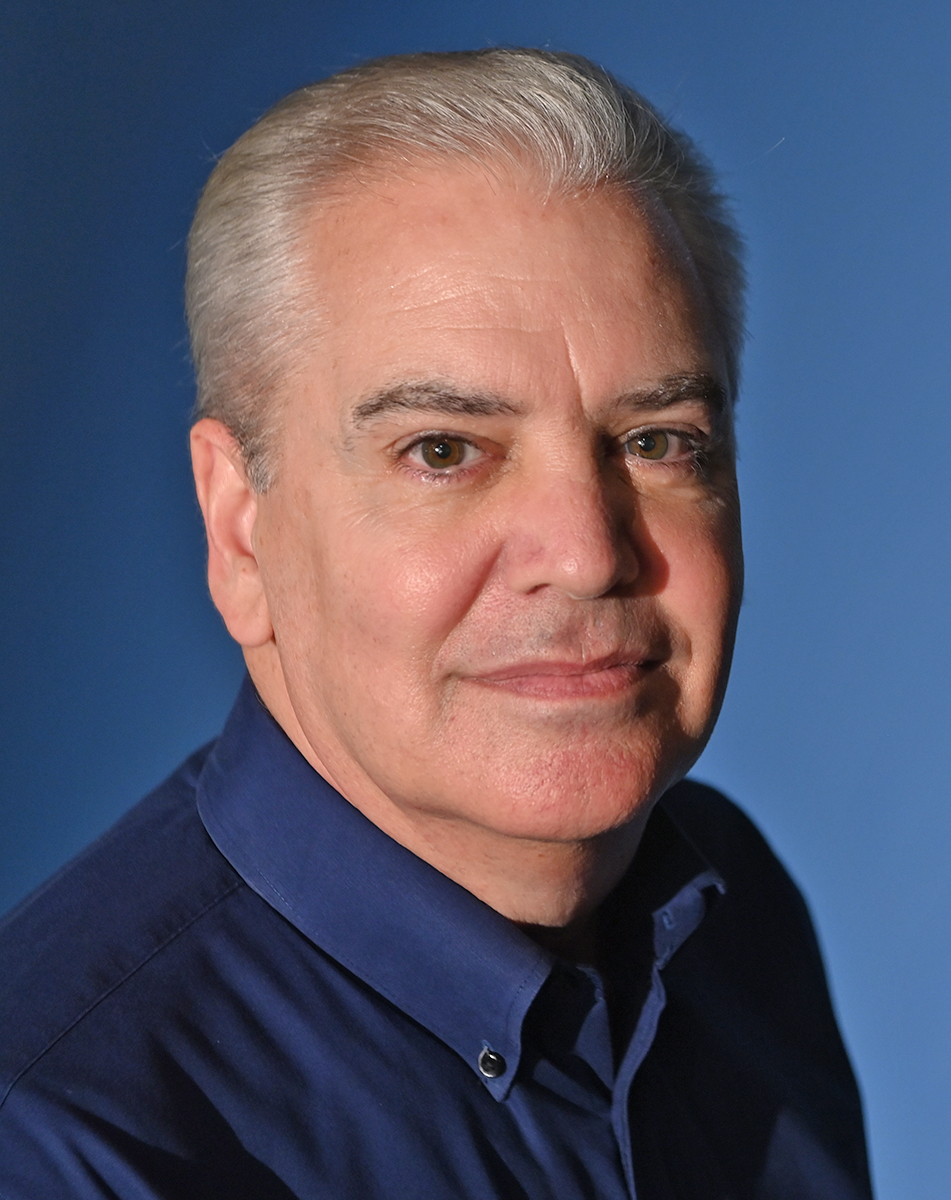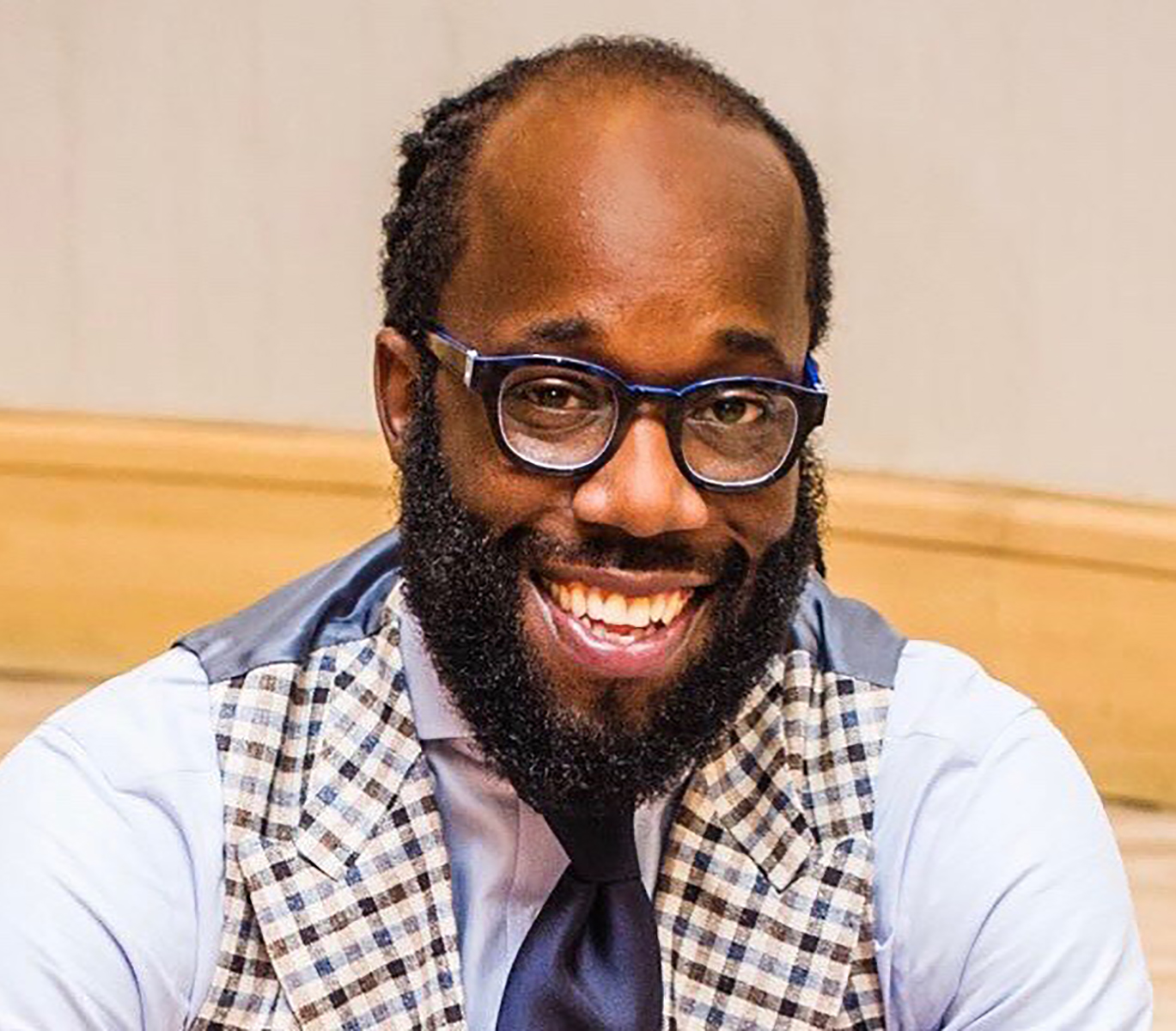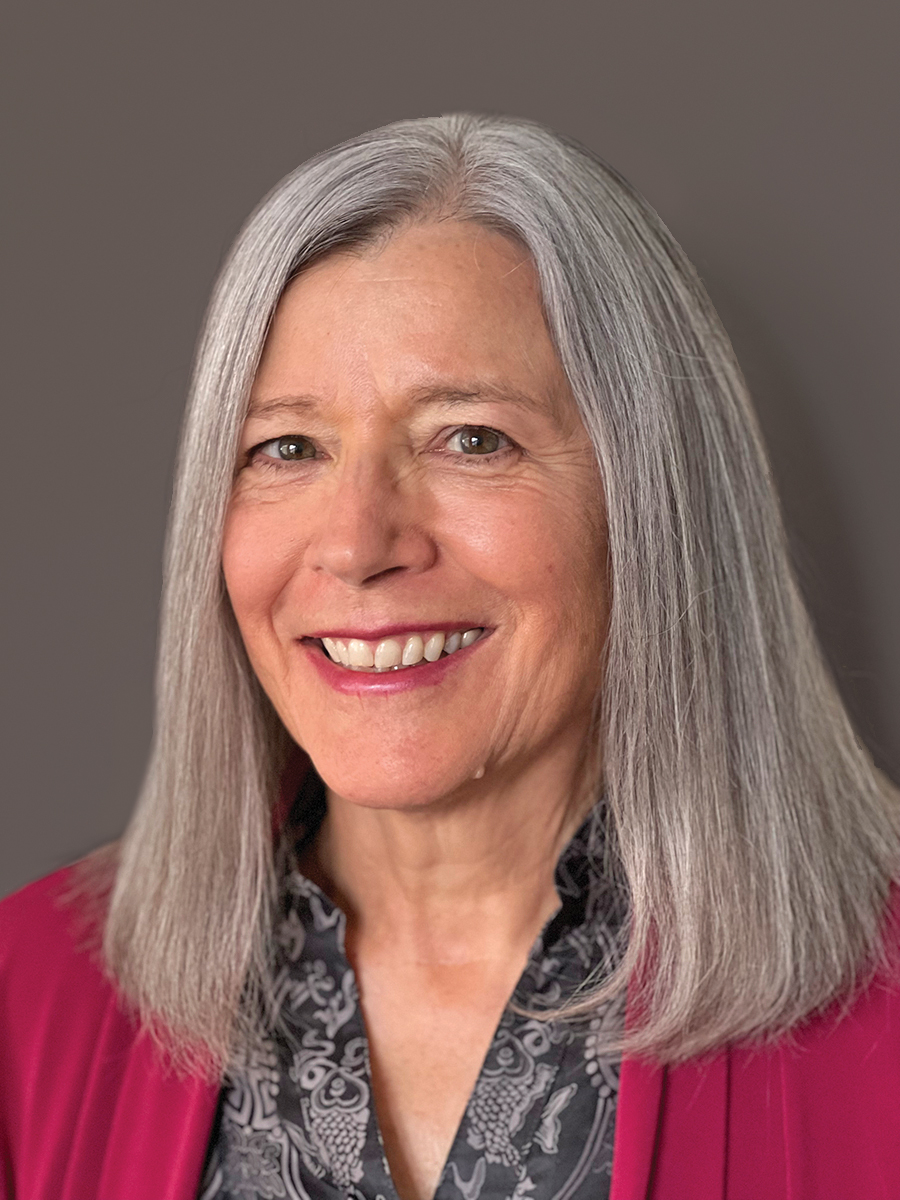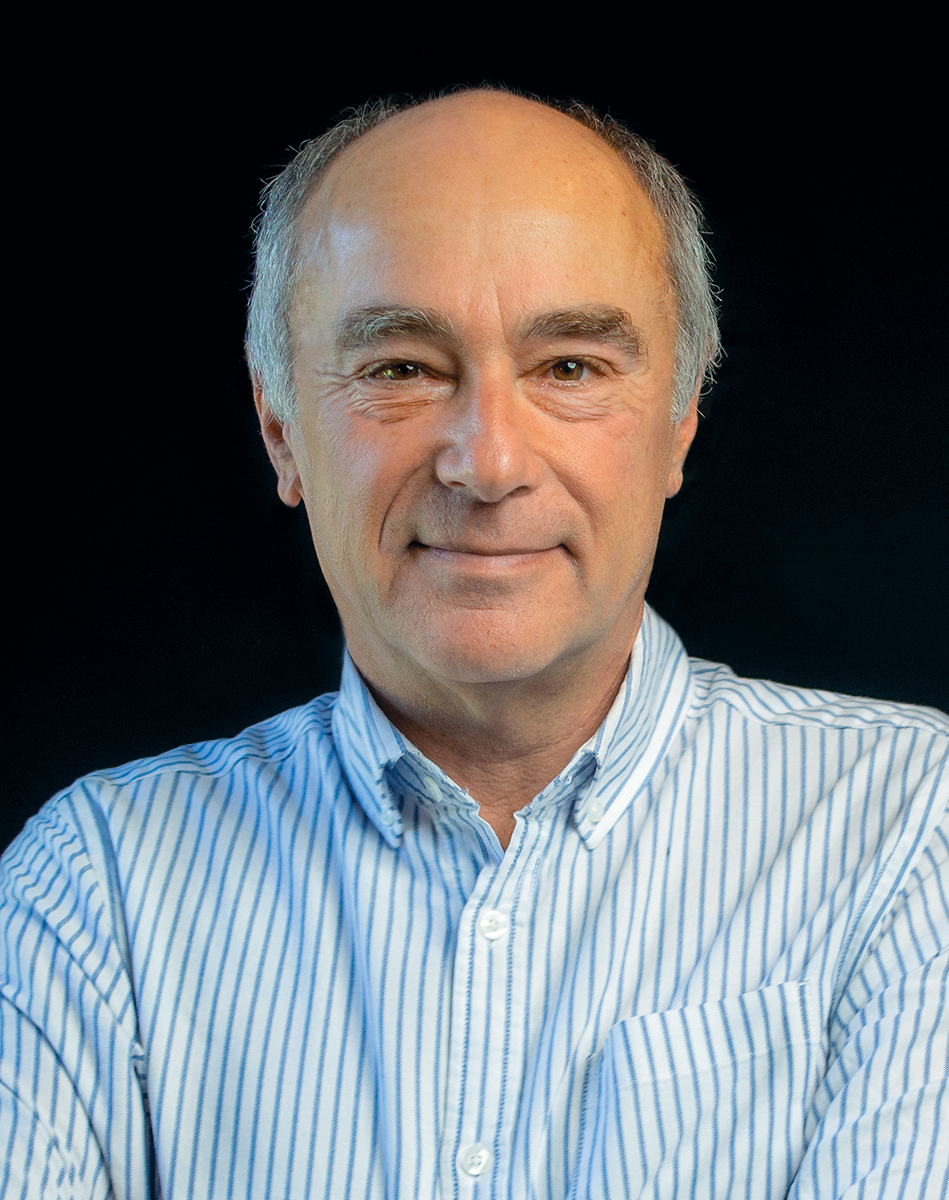Q&A with the Author
- What made you decide to write this book?
- What was the hardest part of writing it, and what was the easiest?
- What is one important lesson or message you hope readers take away from the book?
- Are there any other books that greatly influenced your writing process and/or your research?
- What led you to your specific area of study (the subject of your book)?
- Tell us one fascinating thing about this topic.
- Are there any common misconceptions about the topic?
- What advances do you hope we will see in the next 10 years?
- What made you decide to go into the field of mental health?
- When you are not working, what do you do for fun?
- What is your all-time favorite book?
- Is there a project that you are excited to work on next? (A presentation, a workshop, writing another book, etc.)
Tell us more about your latest book!
What made you decide to write this book?
First, let me say that I cowrote Smart but Scattered—and Stalled in close collaboration with two coauthors: Peg Dawson, and my son, Colin Guare. Colin has contributed his thoughts and reflections to this Q&A as well.
We decided to write this book after talking to readers, conference attendees, colleagues, and parents about one of our previous books, Smart but Scattered Teens. One of the most common questions was "are you planning to write a book for parents and adult children?" Young adults today face challenges not experienced by previous generations. We wrote this book to help parents and young adults understand and address these issues.
What was the hardest part of writing it, and what was the easiest?
Dick: The hardest part for me was understanding and explaining how parents' roles change over time, from when their children are little kids to when they are young adults. For me, two things made this easier: having two adult children (Colin, and my daughter, Shannon) explain this process to me; and having one of them, Colin, write about it in a way I never could.
Colin: The most difficult part for me was keeping the vignettes straight. We wanted several of them to run throughout the book; stories to which readers keep returning. Making sure these situations were memorable and distinct, but also not too contrived, was definitely challenging at times.
What is one important lesson or message you hope readers take away from the book?
Colin: Change isn't easy, and false starts are part and parcel to it. I hope readers come away understanding that the book recognizes, even advocates for, embracing the sort of churning, recapitulating process of self-evaluation, goal-setting, pursuit, and achievement or re-evaluation.
Dick: If the young adult is to succeed, she or he must determine their own goals and choose their own paths to reach them.
Are there any other books that greatly influenced your writing process and/or your research?
Books on brain-behavior relationships have and continue to influence our work. Russell Barkley's work has always permeated our work and thinking, particularly Executive Functions (2012). During the writing of this book, we were reading a lot of material on change and motivation including, One Small Step Can Change Your Life (Maurer, 2014) and The Handbook of Self-Regulation, Third Edition (Vohs and Baumeister, 2017).
We are interested in learning more about your expertise.
What led you to your specific area of study (the subject of your book)?
Colin: My dad introduced me to these concepts long before I knew of them formally. A lot of retrospective thinking about executive skills in the context of my own life choices evolved into a broader interest in motivation and behavior change.
Dick: For as long as I can remember, I've been interested in people's behavior. In graduate school, this interest expanded to the relationship between brain and behavior, and how they influence one another.
Tell us one fascinating thing about this topic.
People in the field of brain and behavior research used to think that by adulthood, the brain was more or less a fixed and unchanging structure. Today we realize that the brain, like behavior, changes throughout life and that new learning—regardless of age—can have a significant impact on brain development. The idea that, "you can't teach an old dog new tricks" isn’t true for people—or dogs, for that matter.
Are there any common misconceptions about the topic?
There is a notion in some places that just teaching people about executive skills can improve them. In our experience knowing about executive skills is a "necessary but not sufficient" criteria for possessing good skills. Real world application of executive skills is what we are targeting. If a person truly has those skills, they should be evident in real world settings and effective evaluations of executive skills should take place in real word settings.
What advances do you hope we will see in the next 10 years?
We are going to see some really interesting, exciting developments in the way that artificial intelligence and other technologies are recruited to help people develop and support their executive skills. There is already a lot of emphasis on tech to manage planning, time, and attention. We think the future holds advances that will allow for more authentic personalization of services and supports.
Now a little bit about you…
What made you decide to go into the field of mental health?
Colin: My parents were probably my biggest influence. They never pushed me towards it. But from the time I was young, interacting with people that knew them professionally, people who had the utmost respect and admiration for the work that they did, left a profound mark on me.
Dick: I think Colin and I share a deep interest in behavior and problem solving. Mental health and behavioral psychology provide us with the ideal place to satisfy those interests.
When you are not working, what do you do for fun?
Colin: I love to read, mostly history and biographies but I like a lot of fiction as well. I play handball, love to spend time at the beach swimming, watching sports, going on trips and spending time with my fiance, Kate.
Dick: I especially enjoy spending time with my wife and our children. My wife and I enjoy skiing, scuba diving, playing with our dog, Murphy, and watching British murder mysteries.
What is your all-time favorite book?
Colin: That's a really hard question. Right now, probably something by Cormac McCarthy or China Mieville.
Dick: Two: Catcher in the Rye by J. D. Salinger and Catch-22 by Joseph Heller.
Is there a project that you are excited to work on next? (A presentation, a workshop, writing another book, etc.)
Right now we are working on building out and refining our executive skills coaching model, which has been very rewarding and a whole new challenge for us. Our plan is to move it to an online, real-time, interactive program that eventually coaches, parents, students and teachers can use.
See all titles by and read more about Richard Guare on his author page!
